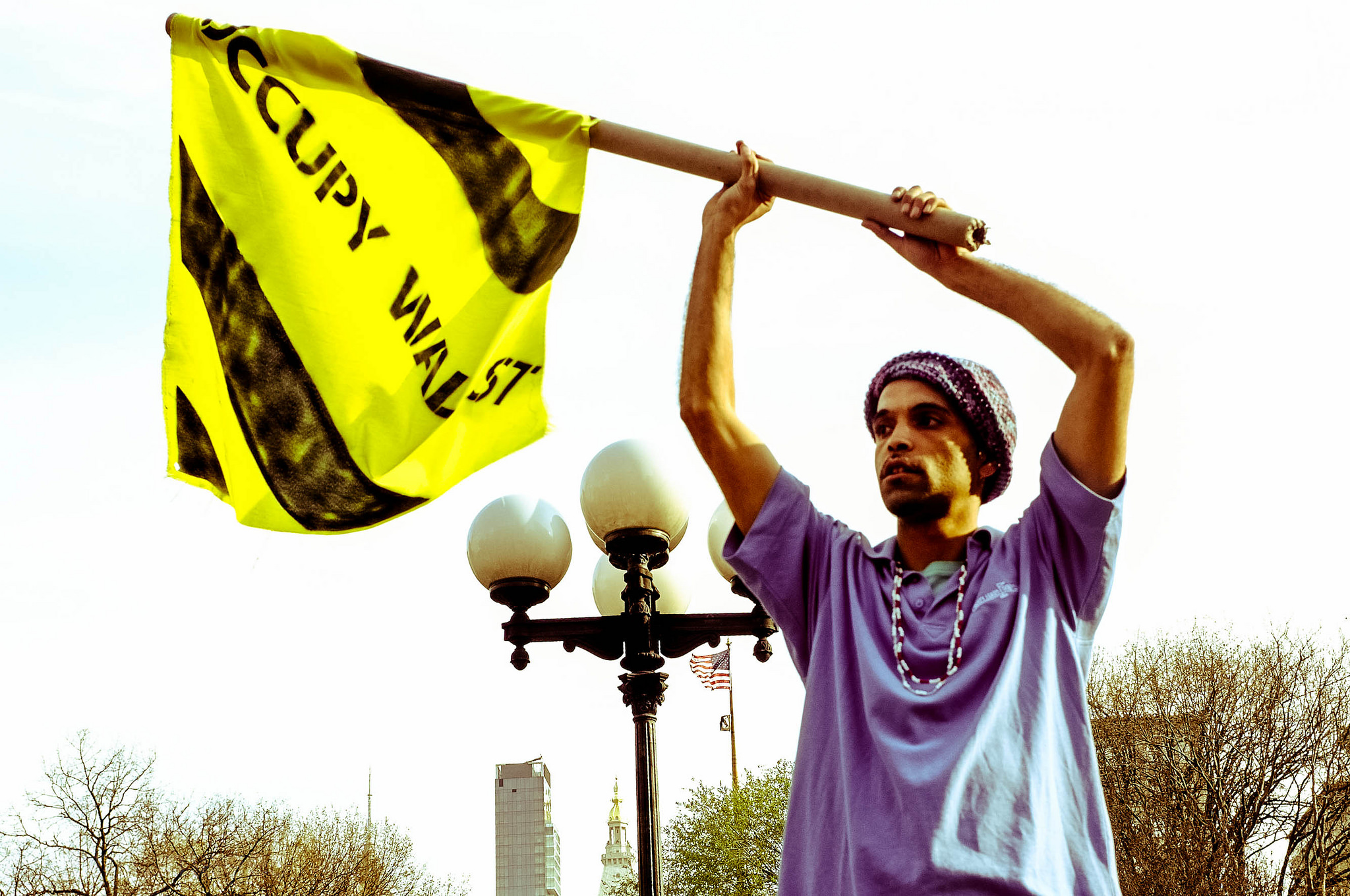I got quoted in an article about Micah White, the self-styled “Occupy Founder” that recently spent time hob-nobbing with the 1% at Davos. In passing, the article covered another issue: the problem of stolen shared social media accounts during the Occupy Wall Street movement.
The open movement combined with social media enabled unscrupulous behavior throughout Occupy Wall Street. In many camps, websites, online fundraisers, and Twitter and Facebook pages were stolen. Kit O’Connell says, “You had ten people sharing a single password, and all it could take is one person to change the password and seize a Twitter account. It was almost pervasive with media accounts.
From “Micah White is the Ultimate Occupy Grifter” by Arun Gupta in Jacobin
I organized the social media team during most of Occupy Austin‘s existence. I actually inherited the position after a fight over who would control the social media for the local movement, complete with stolen passwords. In the end, the two folks involved agreed to pass the account onto a trustworthy third person: me.
That outcome is far better than what happened during similar conflicts in other Occupy camps. In managing the social media accounts, I did my best to balance openness with security but mostly I got lucky. No one I shared the password with tried to steal our accounts.
The Occupy shaped security hole in shared social media
During the national Occupy movement, it became routine to hear about camps with a stolen Facebook or Twitter account. One person would get into a disagreement with the rest of the social media working group and run off with the whole account.
When this happens with a commercial business, or a nonprofit or any undertaking that’s conventionally organized under capitalism, the owner can prove ownership of the account and get Twitter to give it back. With a leaderless movement like Occupy, you and your comrades are on your own.
There are various solutions that allow you to share a social media account without giving everyone the password. For example, Tweetdeck allows you to create a social media team. People log into their personal Twitter account, and you grant them access to the shared account. No passwords are exchanged.
Except that under this setup, there’s still one person or a small team of people that hold the master password. Trust always lies with them.
What can movements do about shared passwords?
The Occupy movement is gone, but this problem remains. Any time we’re dealing with leaderless movements, from Black Lives Matter to antifa, shared social media poses a risk.
I’m already aware of one active antifascist group that’s dealing with an identical situation: one person that used to participate with their movement “stole” access to their Facebook, shutting everyone else out. The solution, as it often was during Occupy, is to create a new account and spread the word. Then hope for the best. Usually, the person who stole the original account gets bored of “trolling” the movement. Eventually.
I’m not a security expert, a computer programmer or really a designer of any kind. I’ll leave solutions to others. Maybe we need some way to hold a password in escrow.
Until some clever coder creates a solution, shared social media accounts remain a vulnerability to leaderless movements.
 Activism & Shared Social Media: How Can We Close The ‘Occupy Hole’? by Kit O’Connell is licensed under a Creative Commons Attribution 4.0 International License.
Activism & Shared Social Media: How Can We Close The ‘Occupy Hole’? by Kit O’Connell is licensed under a Creative Commons Attribution 4.0 International License.Based on a work at https://kitoconnell.com/2020/02/17/shared-social-media-occupy-wall-street/.
Kit’s patrons made this post possible. One generous anonymous sponsor asks that you support Austin Pets Alive! with your time and money.
